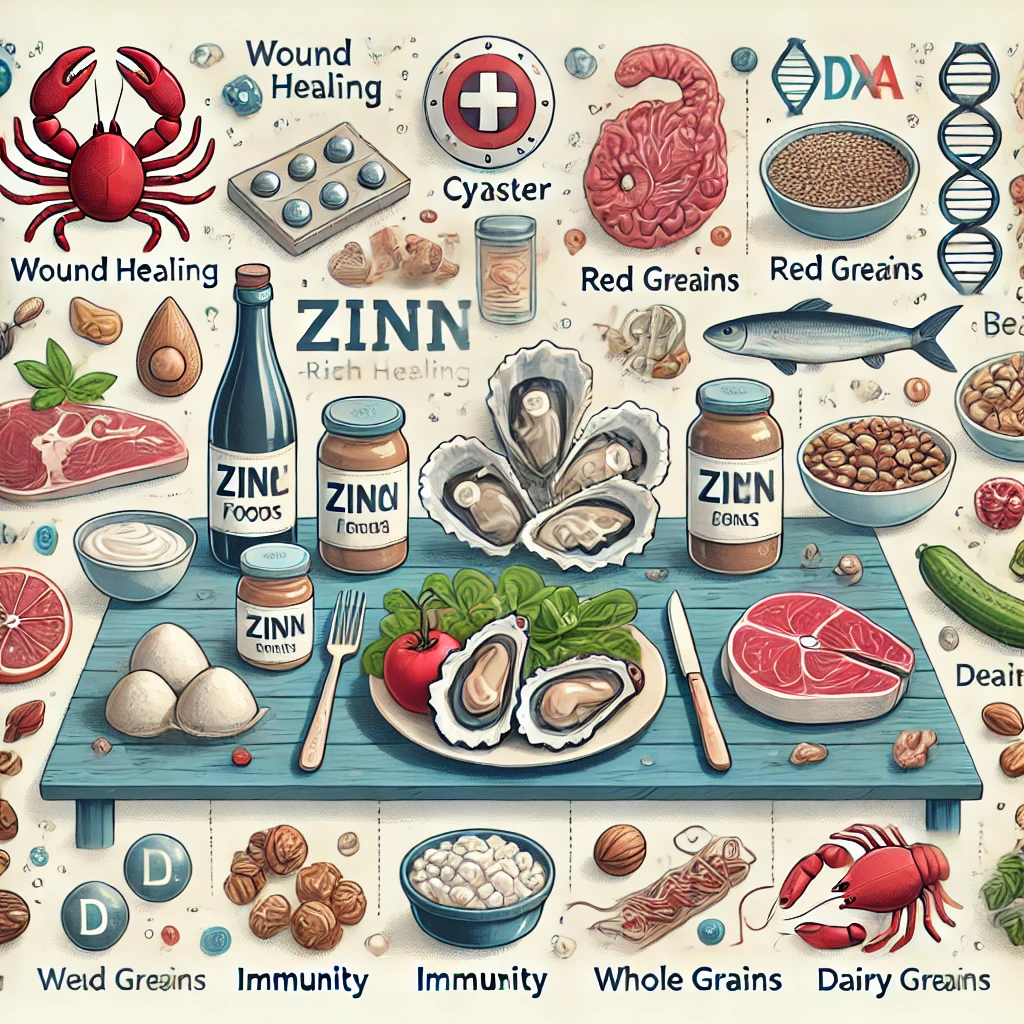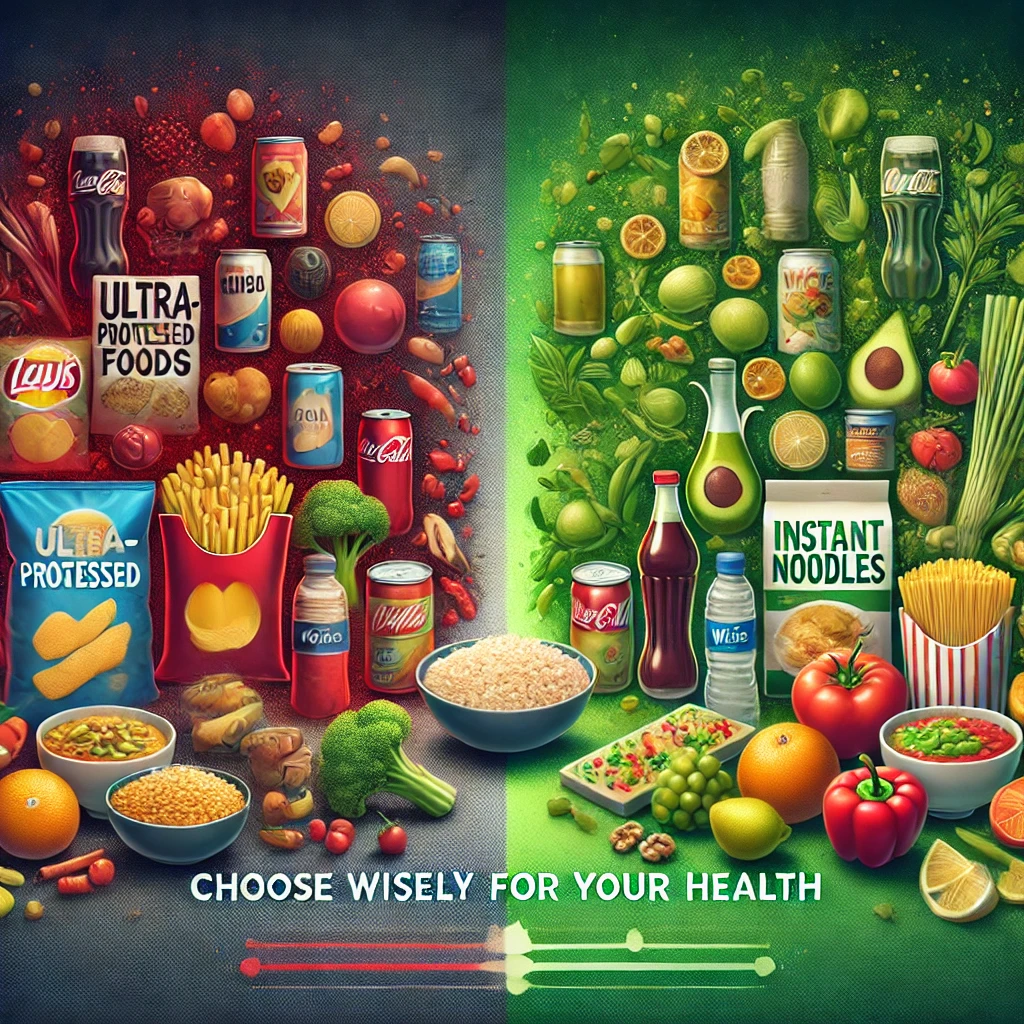The Zinc Benefits : Essential Health Information
Zinc is an essential trace mineral that plays a vital role in maintaining our health. Although the daily requirement is small, its impact on the body is significant. Here, we explore the Zinc Benefits, how… The Zinc Benefits : Essential Health Information

